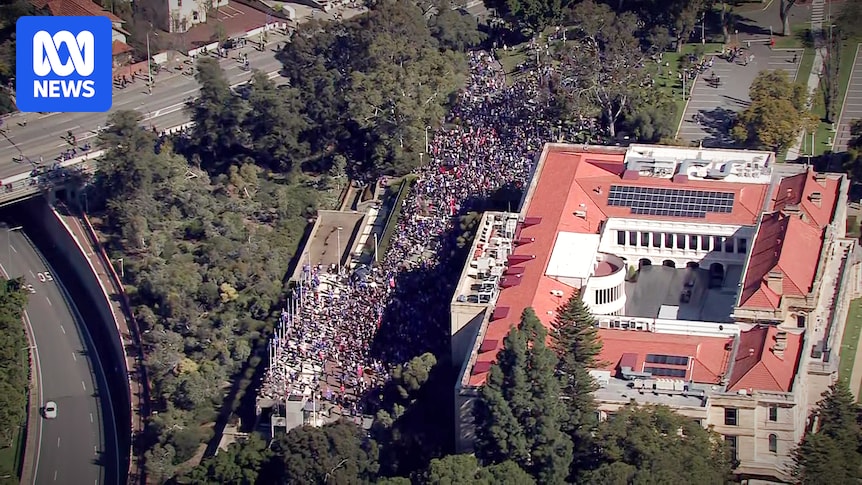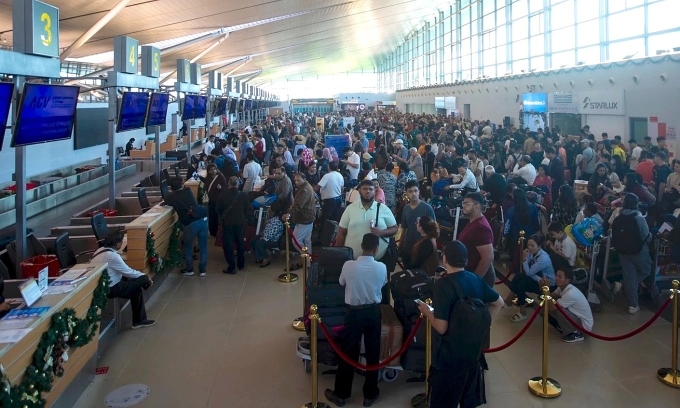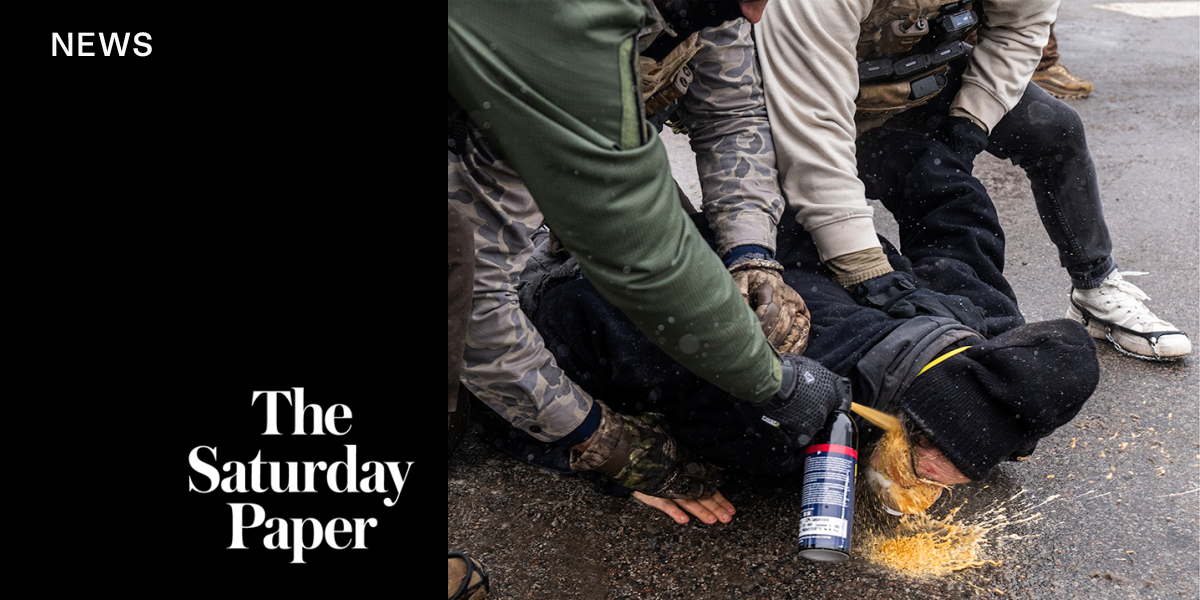
Members of a neo-Nazi group who chanted “heil Australia” at an anti-immigration rally in Perth over the weekend did not breach Western Australia’s hate laws, according to WA Police. The incident, described as “distasteful and inappropriate,” occurred during the March for Australia rallies held nationwide on Sunday, with counter-demonstrations also taking place.
The rally in Perth, part of a series of anti-immigration demonstrations across Australia, drew significant attention due to the presence of far-right groups. Footage from the event showed individuals chanting the controversial slogan amidst a crowd of approximately 5,000 people. One Nation MP Rod Caddies, who spoke at the rally, explicitly stated that neo-Nazis were not welcome.
Legal Context and Police Response
WA Police acknowledged the use of offensive language but clarified that it “is not currently an offence under the prescribed legislation.” They emphasized their condemnation of behavior promoting hate or racism. Under Western Australian law, displaying Nazi symbols and performing a Nazi salute in public are offenses, following reforms introduced late last year. These offenses carry severe penalties, including up to five years in prison.
Despite the chants not constituting a legal breach, police issued 13 move-on notices and charged three individuals for separate incidents during the rally. An 18-year-old woman allegedly carried an edged weapon, while a 39-year-old man faced charges for obstructing a public officer. A 19-year-old man received a court summons for possession of an edged weapon.
Public Reaction and Political Commentary
WA Premier Roger Cook condemned the neo-Nazi presence, labeling the rallies a “disgrace” and accusing participants of fostering division and hatred. He urged individuals aligning with such movements to reconsider their stance, stating,
“If your cause aligns with the neo-Nazi movement, you know you’re on the wrong track, stop it.”
Cook also highlighted the offensive nature of the chants, insisting that the matter falls under police jurisdiction.
Opposition leader Basil Zempilas, himself the son of a migrant, called for “sensible” migration policies while criticizing the behavior observed at the rallies. He stressed the importance of respecting community laws and norms, asserting,
“Nobody should feel unsafe, nobody should feel threatened, and groups that preach some form of hate speech should never be encouraged or welcomed.”
Broader Implications and Expert Analysis
The rallies have sparked concern among experts about the tactics employed by far-right groups to mobilize public sentiment against immigration. The events highlight a growing trend of using divisive rhetoric to influence public discourse. Experts warn that such rallies can exacerbate social tensions and undermine community cohesion.
According to Dr. Sarah Thompson, a sociologist specializing in extremist movements, the rallies represent a “concerning development” in Australian society. She notes that the use of provocative language and symbols is designed to provoke reactions and gain media attention, furthering the groups’ agendas.
Historically, Australia has grappled with issues of immigration and multiculturalism, often resulting in heated debates. The current climate, marked by economic uncertainties and political polarization, provides fertile ground for extremist ideologies to take root. The rallies serve as a reminder of the ongoing challenges in balancing free speech with the need to protect vulnerable communities from hate and discrimination.
Looking Ahead
As authorities continue to monitor the activities of far-right groups, the debate over the adequacy of existing hate laws is likely to persist. Policymakers face the challenge of ensuring that legislation effectively addresses the nuances of modern hate speech while safeguarding democratic freedoms.
The recent events underscore the importance of community resilience and the role of public discourse in shaping societal values. As the nation reflects on these developments, the call for unity and understanding remains paramount in countering divisive narratives.







